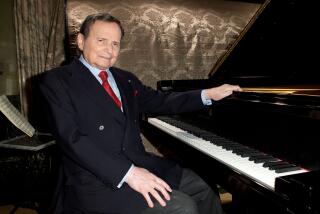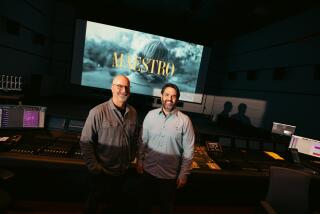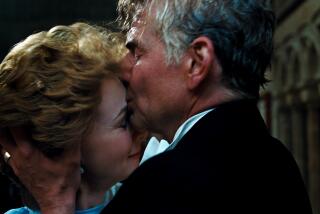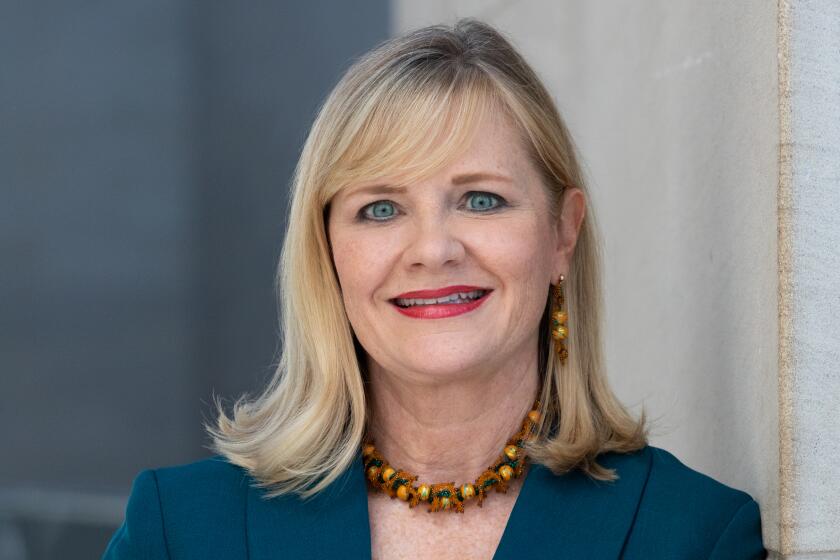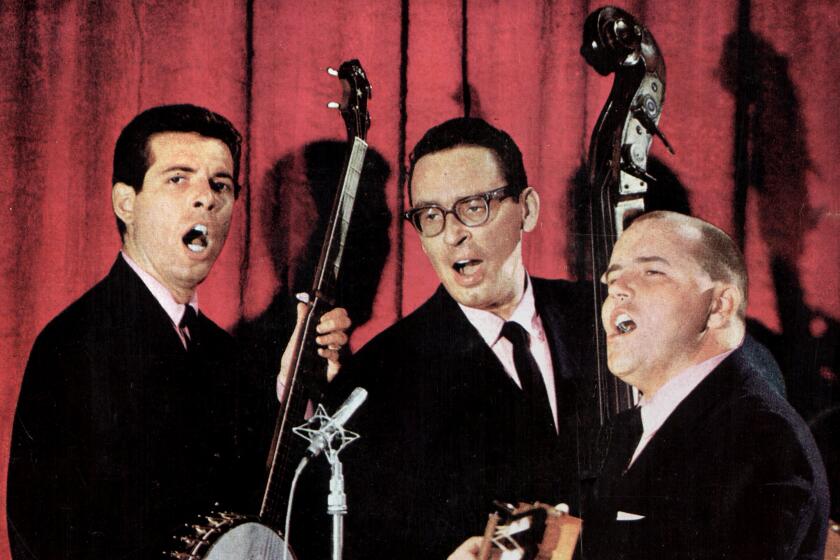JFK assassination: Listen to how classical music responded in 1963
For most people, the image of John F. Kennedy’s assassination is documentary. And we all know what that means. Where do you stand on the Zapruder film?
Was this the act of a single gunman or a conspiracy? With the 50th anniversary Friday of one of the saddest days in America, the documentary evidence can be endlessly debated, as can the Kennedy administration’s successes and failures, the president’s complicated personality and his legacy.
In November 1963, classical music was called on to help the nation deal with the emotional fallout in a more elemental way. It often is when tragedy leaves us without the words we need. And in JFK’s case, this was particularly apt, given his unprecedented opening of the White House to classical musicians and other artists. As Leonard Bernstein announced at a memorial to Kennedy, musicians loved this president more than any other.
PHOTOS: Arts and culture in pictures by The Times
Two short YouTube excerpts capture the collective temper of this time better than anything else I know. One, seen above, is the opening of a CBS telecast featuring Bernstein conducting Mahler’s Second Symphony, the “Resurrection,” two days after the assassination. A somber New York Philharmonic is shot in black and white. Bernstein looks as though he hasn’t slept since the news broke. His hair is mussed. His facial characteristics appear exaggerated. His conducting is not exaggerated, though, but sad, and when a consoling lyrical theme comes in, he all but reaches for heavenly hope. It was the relief from three days of nonstop television news coverage.
The other except, seen below, is audio and comes from a matinee performance of the Boston Symphony, Nov. 22, 1963. James Inverne, writing for Time magazine, gets credit for discovering the radio broadcast in which the orchestra’s music director, Erich Leinsdorf, announces to the audience that he had just gotten an unconfirmed report of the president having been assassinated. He expresses hope that it isn’t true but he knows it is. Giving the audience, which gasps audibly, no time to take the news in, Leinsdorf launches in the funeral march from Beethoven’s “Eroica.” You can practically hear Symphony Hall cry.
Bernstein also is one of the many voices heard on the new radio program “We Knew JFK: Unheard Stories from the Kennedy Archives,” an oral history hosted by Robert MacNeil and airing this week on NPR stations.
CRITICS’ PICKS: What to watch, where to go, what to eat
Coincidentally, Nov. 22 is another anniversary – the 100th birthday of British composer Benjamin Britten. And it just so happens that Leinsdorf had, a few months before the Kennedy assassination, conducted the BSO in the U.S. premiere of Britten’s “War Requiem.” The Cold War was the greatest worry of the Kennedy’s administration, and the “War Requiem” is the greatest musical Cold War warning of the time.
As part of Britten 100 festival throughout Southern California, James Conlon will conduct the “War Requiem” with students from USC and the Colburn School on Sunday night at the Renée and Henry Segerstrom Concert Hall and Monday at Walt Disney Concert Hall. It should offer occasion to remember JFK just as much as Britten.
ALSO:
MOCA counsel is museum’s interim director
Joy Womack tells a story of bribe request, struggles at the Bolshoi
MORE
PHOTOS: Hollywood stars on stage
CHEAT SHEET: Fall Arts Preview
PHOTOS: Arts and culture in pictures
More to Read
The biggest entertainment stories
Get our big stories about Hollywood, film, television, music, arts, culture and more right in your inbox as soon as they publish.
You may occasionally receive promotional content from the Los Angeles Times.
